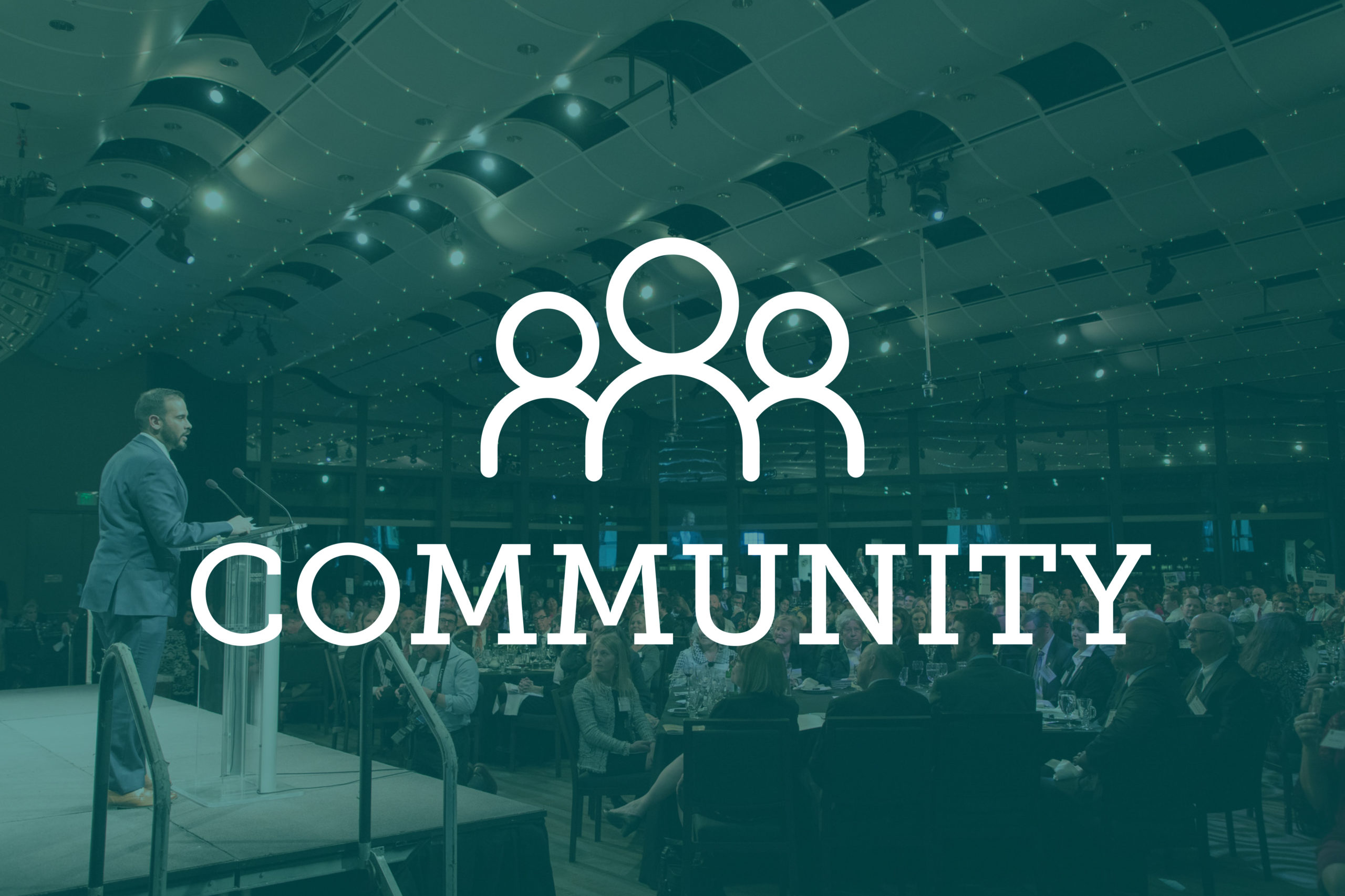
The Institute for the Advancement of the American Legal System will be thanking one of its biggest partners at its Annual Rebuilding Justice Award Dinner.
The award ceremony, to be held April 19, will recognize the individuals and groups that champion the legal organization’s goals as well as award the Conference of Chief Justices. The CCJ has become one of IAALS’ chief partners in the pursuit of reform in both the civil and family arenas.
In recognizing the CCJ, IAALS will host state chief justices Scott Bales of Arizona, Nancy Rice of Colorado, Maureen O’Connor of Ohio, Thomas Balmer of Oregon and Nathan Hecht of Texas as well as retired Chief Justice Chase Rogers of Connecticut. The event will also include a fireside chat with several of the chief justices to discuss public trust and confidence in the courts, a deviation from the annual dinner’s typical keynote format.
The CCJ is a group made up of the top judicial officer from each of the 50 states as well as Washington, D.C., Puerto Rico, American Samoa, Guam and the Virgin Islands. The organization is designed to give the chiefs an opportunity to meet and discuss ways they can improve the administration of justice around the country.
In 2015, the CCJ took on the issue of civil justice reform, while many other organizations around the country were looking at the topic as well. In 2016, CCJ adopted a set of recommendations for civil justice reform, implemented by the National Center for State Courts, which staffed the CCJ Civil Justice Improvements Committee, and IAALS. Now, three “roadmap states,” Idaho, Maine and Missouri, are the testing grounds for reform efforts while 15 other states are working on plans to implement the recommendations in their own courts.
“[CCJ] had the forethought to put together a committee with the charge to determine the commonalities in these reforms and adopt final recommendations and set about the task of getting them implemented and getting them functioning the way they were intended to function. We’re honoring the chiefs’ vision to look forward to change in the court system,” IAALS executive director and former Colorado Supreme Court Justice Rebecca Love Kourlis said.
Several states have adopted the resulting “three pathways approach” of deciding how civil cases will move along a clear path to resolution, and a civil justice reform committee in over a dozen states is looking into how to make this all happen for their courts and citizens.
In the family court sphere, the CCJ is looking at how different jurisdictions are taking on the access to justice issues that keep many parties in family law disputes from using a lawyer. The organization is spreading results so that states can learn from one another.
The CCJ has also passed a resolution expressing a commitment to 100 percent access to justice.
That commitment is not simply about promoting pro bono work and making sure people have access to lawyers, but looks to make sure the court system can be navigated by people without lawyers and includes efforts such as offering online services, providing education and looking at the terms used in online searches to find legal information. Kourlis said that resolution is the umbrella under which all of the justice reform efforts are proceeding.
“It’s an ambitious goal, but it is absolutely mandatory given the realities of the numbers of self-represented litigants in courts and also the realities about research regarding how many people have unmet legal needs and don’t even know it, let alone how to fix it,” Kourlis said. “In each instance, we’ve been honored to work closely with the chiefs as they work toward their objectives.”
Around the country, courts are exploring different innovations in family law, such as using a TurboTax-style online form that guides people through the system, implementing online chatbots to guide people through the legal system or using an online dispute resolution to give domestic relations litigants a more accessible path through mediation. As for IAALS, the organization launched the Family Justice Initiative in the past year according to CCJ’s guidance, and the organization is currently working on a “plug and play” approach to the requirements so that different courts can follow a path to implementation in their own jurisdictions.
The first phase of the Family Justice Initiative involves determining best practices in domestic relations cases and collecting data on cases involving divorce or dissolution, property distribution and spousal support and the allocation of parental rights and responsibilities. At IAALS’ Rebuilding Justice dinner, the organization will also celebrate its other work throughout 2017, such as publishing recommendations about judicial recusal procedures, initiating a project on summary judgment motions that will result in recommended ways of making dispositive motions practice more efficient and cost-effective, and translating its findings in its Foundations for Practice study into learning outcomes so law schools can make use of them and employers can hire to them.
—Tony Flesor

